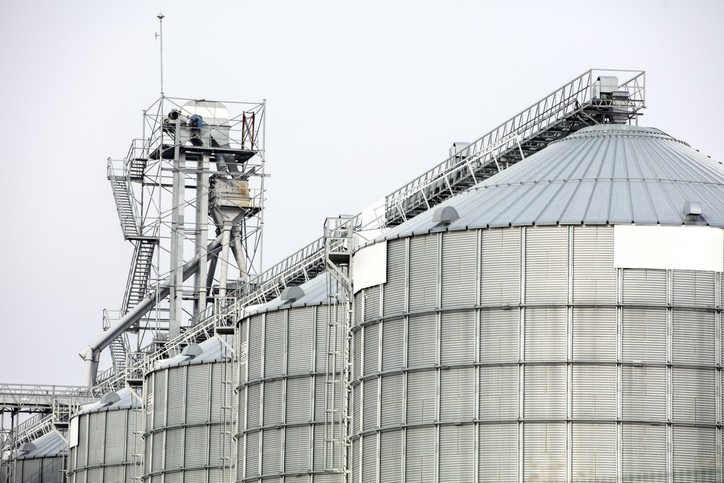Guest article
Taking detours, but not deterred: AFIA focuses on changes to benefit the industry for the long-haul

Heading into winter, I am starkly aware that the coronavirus pandemic is not over – our industry, like many others, continues to face severe supply chain disruptions and labor shortages. And yet, with ongoing vaccination campaigns and advancements in medical treatments, we are in a better place than a year ago, with many segments of our economy safely navigating the “new normal.”
At the American Feed Industry Association (AFIA), our primary focus over the past two years has been supporting our members with their business needs throughout the coronavirus pandemic so that they could continue providing feed and pet food to their customers.
Looking to 2022, we will continue providing federal policymakers recommendations on how to resolve the ongoing supply chain issues backing up US ports and blocking shipping routes. These issues have cost our members both financially and in customer satisfaction, making it difficult for them to reliably fulfill domestic and international customers’ orders in a timely, cost-efficient way.
Building a talent pipeline
The pandemic also exacerbated an issue that had been bubbling up for some time in our industry – filling open manufacturing jobs with skilled workers.
This past fall, our AFIA Board of Directors charged the staff with placing a higher emphasis on exploring these labor challenges, and we have been working in concert with others throughout the feed supply chain, such as the agricultural trucking industry, in calling on policymakers to incentivize opportunities that will grow and leverage the skills of current employees, while building a steady pipeline of talent for the future.
ASF threat
While COVID-19 highlighted both the positives – and negatives – of the US food supply chain, it also taught us where we could improve our biosecurity programs to keep both people and animals healthy.
Behind the scenes, our industry is currently battling another virus – African swine fever (ASF).
Via the Institute for Feed Education and Research (IFEEDER), we are working with the pork industry to fill ASF research gaps and help our members proactively prevent its introduction and transmission at their facilities.
We are also actively working with state and national leaders to develop science-based response strategies in the event of an outbreak to reduce any long-term economic and trade impacts on the feed, pet food and pork industries.
FSMA inspections
I am proud of our industry for its work over the past several years to achieve compliance with the US Food Safety Modernization Act (FSMA), now more than a decade old.
As food safety inspections resumed in 2021, we heard from the US Food and Drug Administration (FDA) on aspects that are going well and some areas where our facilities could still improve in regulatory compliance. We are sharing the FDA’s expectations with members as well as its new approach to conducting comprehensive inspections.
Sustainability roadmap
IFEEDER is also coordinating our industry’s offense on sustainability – launching a project this fall that will assist all segments of the industry advance their sustainability programs and assure their innovative solutions to US climate challenges are recognized and leveraged in board rooms spanning the food and agriculture industry.
Looking ahead to next year, I am confident that while emerging COVID-19 variants could detour our progress, we will not be deterred in making it to our final destination – beating this virus and coming out stronger on the other side.
The road may have been bumpy at times over the past two years, but we continue to drive our industry forward, making innovative changes that will benefit us all for the long-haul.











